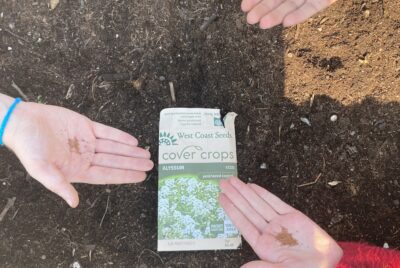RESEARCH
Effects of a School-Based Garden Program on Academic Performance: A Cluster Randomized Controlled Trial
Summary
This study examined the impact of a school-based gardening, nutrition, and cooking program called Texas Sprouts on academic performance in low-income, primarily Hispanic elementary schools. The program included 18 one-hour lessons taught in outdoor teaching gardens over the course of an academic year. Researchers compared the academic outcomes of 16 schools—8 that participated in the program and 8 that served as controls. The results showed that fourth-grade students in the intervention schools had a significant 6.5% improvement in reading scores on the State of Texas Assessments of Academic Readiness (STAAR) compared to control schools. However, no significant improvements were observed in math scores for fourth or fifth graders or in reading scores for fifth graders.
The findings suggest that gardening programs like Texas Sprouts can modestly improve reading performance while also promoting healthier eating habits and hands-on learning experiences. These results highlight the potential value of integrating garden-based education into school curricula, particularly for underserved communities. While the study demonstrates some academic benefits, it also emphasizes the need for further research to explore the long-term effects and broader subject impacts of such programs.







